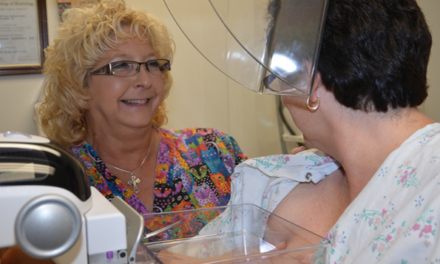In light of Emory ending its food service relationship with Sodexo USA and selecting Bon Appétit Management Company, we at the Wheel would like to voice our appreciation both for the group Students and Workers in Solidarity (SWS) and for the University’s Food Service Administration (FSA).
The primary focus of SWS since its founding in 2010 has been the treatment of Sodexo workers who are subcontracted by Emory on campus. In 2011, the organization garnered significant attention and media coverage when its members staged a protest against Sodexo on the Quadrangle during graduation setup, which resulted in seven arrests. Ultimately, these protests did not engage with other students as much as current SWS methods.
SWS redesigned its efforts to get inform the Emory community of Sodexo’s alleged mistreatment of its workers through open dialogue between students and the University, including a recent discussion in Winship Ballroom last Monday, days before the FSA decided that it would not renew its contract with Sodexo. We commend SWS for being instrumental in raising campus awareness and holding Emory accountable. We wish SWS well in its efforts to negotiate the specifics of the yet-to-be-drawn contract with Bon Appétit.
It is troublesome that SWS hasn’t been able to engage Sodexo workers directly on a larger scale. Of course, this was a difficult obstacle to circumvent, for not only are Sodexo workers contractually prohibited from unionizing, but they also cannot voice their opinions as a condition of their employment. Thus, the failure of SWS to sufficiently achieve its self-titled solidarity with workers actually underscores the nature of the problem with Sodexo.
We compliment Senior Director for University FSA Dave Furhman and the rest of Emory Dining for their decision not to renew Emory’s food service contract with Sodexo. The Food Advisory Committee at Emory (FACE) has once again demonstrated its commitment to student opinion through its online surveys and monthly meetings.
We take very seriously the assurance that no hourly Sodexo employees will lose their jobs as a result of the swap, and we urge Emory Dining to inform these employees of their renewed contracts as expeditiously as possible.
Bon Appétit seems like a much better fit for Emory considering its commitment to sustainability, which aligns with the University’s own goals. Its website lists numerous examples of sustainability initiatives that include its recent phasing out of pork raised in gestation crates, its measures not to deplete fish stocks through the use of fish aggregating devices (FADs) and its Low Carbon Diet program designed to address the negative impact that food production can have on climate change, to cite just three noteworthy examples.
Bon Appétit is not as large a company as Sodexo, yet its clients include notable names like Starbucks, Target, Lucasfilm Ltd., Twitter, Best Buy and Google. It also serves colleges like Johns Hopkins University, Massachusetts Institute of Technology, Duke University and the University of Pennsylvania.
Bon Appétit appears to be a more ethical alternative and a great step forward from our past with Sodexo. We can only hope that Bon Appétit delivers on our expectations and does not become a mere “lesser of two evils.” It would be a shame if, like Sodexo, Bon Appétit is uncooperative with the University in investigating the treatment of its workers. It is very important to us as an ethically engaged community that no force, from outside or within, imposes restrictions on our access to information that might contradict the values of our community.
The Emory Wheel was founded in 1919 and is currently the only independent, student-run newspaper of Emory University. The Wheel publishes weekly on Wednesdays during the academic year, except during University holidays and scheduled publication intermissions.
The Wheel is financially and editorially independent from the University. All of its content is generated by the Wheel’s more than 100 student staff members and contributing writers, and its printing costs are covered by profits from self-generated advertising sales.






